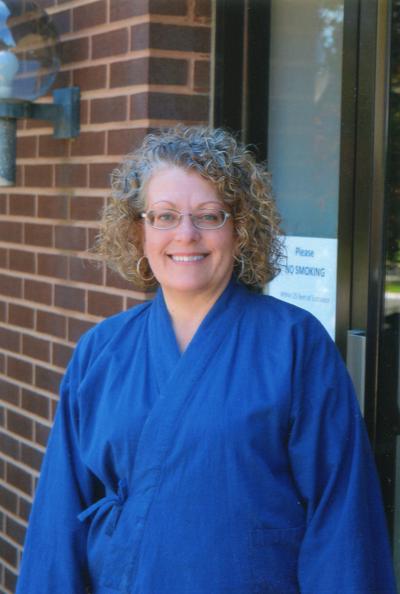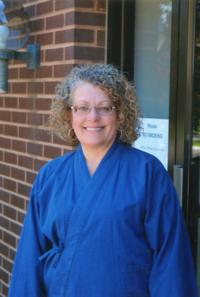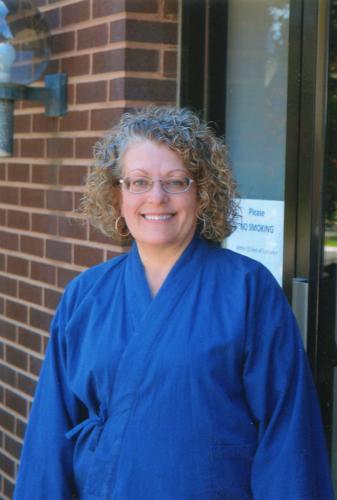SMETHPORT — Smethport acupuncturist Shaune D. Ralph, DAIH, is now one of only five members of her profession to earn the prestigious degree, Doctorate of Acupuncture and Integrative Health.
Ralph and her classmates — one in Maine and three in Massachusetts — were the first to meet the requirements of this degree that is designed for practicing acupuncturists who already possess a master’s degree in the field of study, and the degree was conferred by the New England School of Acupuncture of the Massachusetts College of Pharmacy and Health and Sciences University.
A Port Allegany native, Ralph received a bachelor’s degree in biology and worked in biotechnology for several years before attending the New England School of Acupuncture, where she received a Master of Acupuncture degree.
This degree, DAIH, is the first doctoral-level program available at the New England School of Acupuncture, the nation’s oldest acupuncture school. The program focuses on scholarship and integrative healthcare, which is a trend that uses collaborative efforts of medical professionals to provide improved quality and access of care for patients with various health care needs in cost-efficient ways.
Unlike other acupuncture doctoral degrees, the DAIH requires a clinical component. Two other features also make it special. “One is time,” Ralph said. “This program is longer and more rigorous than most other doctorates in acupuncture.”
The second difference is the focus on scholarship.
“We spent much time looking at research, how to conduct research and how to create and implement a project,” Ralph said.
Ralph added that her doctoral class had the opportunity to complete an evidence-based capstone, which is a culminating academic project designed to teach critical thinking and concentrate on challenging problems. This project involved reviewing and analyzing professional literature conducted in the past five years to learn what researchers considered ways to improve practices in the profession.
Those efforts revealed that it takes ten to 30 years before research findings actually make their way into health care practice.
Ralph and her classmates looked at not just acupuncture projects, but at integrative health projects that recommended how medical professionals should be working better, not only in acupuncture, but across the board. Ralph said, “We were in classes with people who were working on doctorates in health sciences (DHS) and doctorates of science in physician assistant studies (DScPAS), as well as acupuncture. During online and live discussions, we were able to interact and share perspectives of our three different professions.
“I spent most of my class time in Worcester, home of one of the university’s three campuses, but also traveled to Boston for clinical observation.”
For her capstone project, Ralph researched the use of lasers in treating adults with chronic lower back pain. She stated, “What I learned is that non-steroidal anti-inflammatory drugs, NSAIDS, and opiods are OK as a secondary treatment, but lasers work better. In fact, some studies have shown that lasers are 35 percent more effective in relieving chronic lower back pain as compared to 30 percent for opiods.
“Also lasers have no significant side effects and carry no risk of developing substance use disorders.”
However, few practitioners are using laser therapy because of the question of health insurance coverage.
Ralph opened her Smethport practice in April 2010. She said, “I opened the doors thinking nobody was going to come, nobody ever heard about acupuncture and would be willing to try it. I set a goal that if I saw an X number of people a week, I would consider it a success, and by week three I had surpassed that.”






















